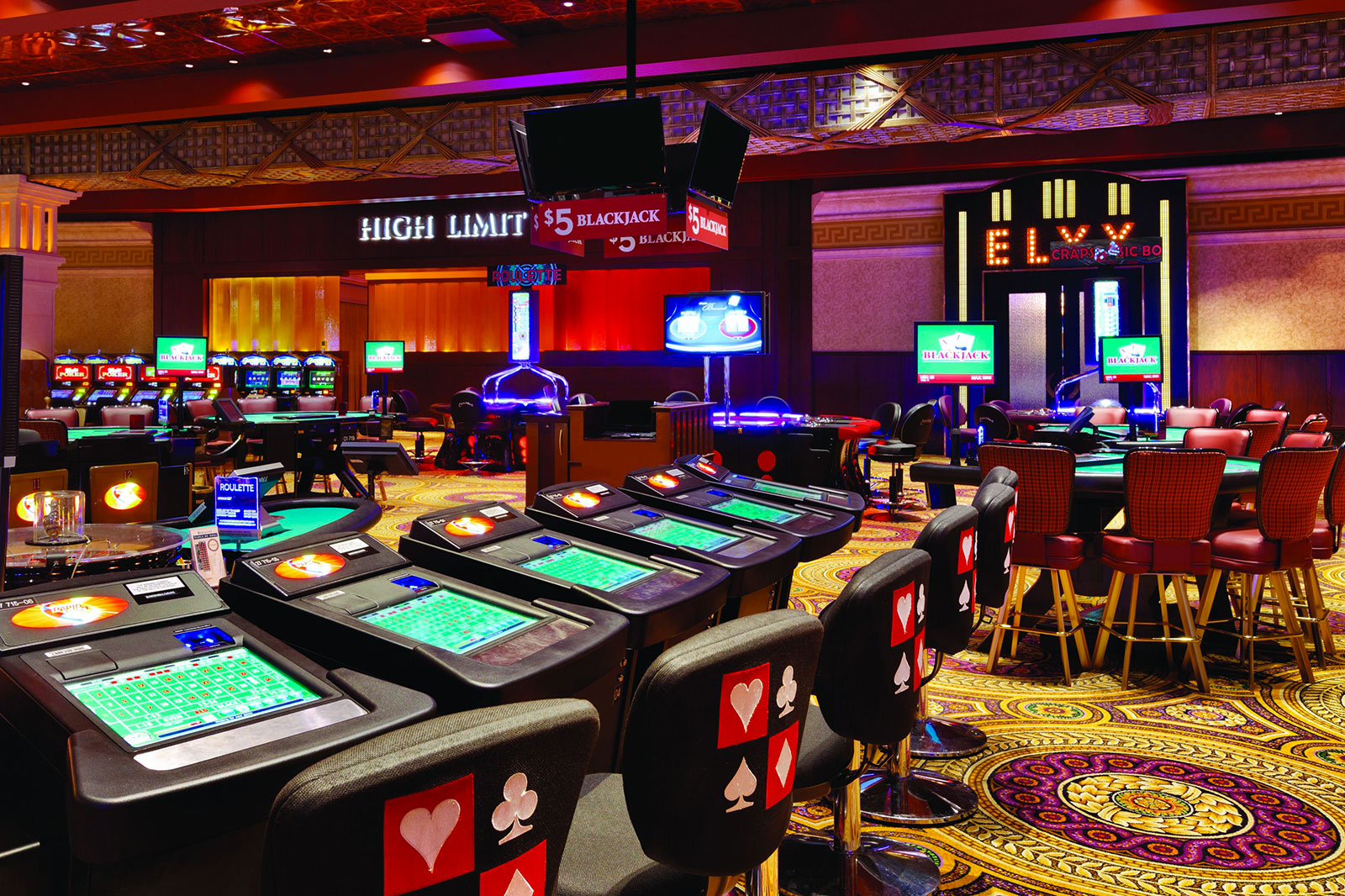
Gambling games have long enthralled players from all parts of society, drawing them into vibrant casinos filled with the sounds of spinning wheels, clattering chips, and cheering crowds. The thrill of chance and the allure of potential winnings create an exhilarating atmosphere that keeps gamblers coming for more. Whether it is the thrill of a slot machine, the strategic play of poker, or the anticipation of a roulette wheel, casino games offer a unique combination of entertainment and risk that can be hard to resist.
At the heart of this fascination lies a mental pull that varies from person to person. For a few, the excitement of hitting a jackpot can elevate their mood, while for many, it’s a social experience that brings friends together. The colorful visuals, engaging sounds, and sometimes lavish environments of casinos greatly improve the appeal, making each visit an experience waiting to unfold. As we explore why gamblers are drawn to these games, we uncover the underlying motivations and emotions that fuel their love for the betting tables.
Understanding Gambling Psychology
The allure of casino games commonly derives from the complex psychology of gambling as a whole. Many players are drawn to the excitement of risking money for the possibility of winning more, as it connects with a deep-seated human desire for thrill and gain. This high can create a significant emotional experience. The combination of risk and potential monetary gain can activate a dopamine surge, making players feel exhilarated.
Additionally, the design of casino games is crafted to keep players involved. The use of bright lights, enthralling sounds, and the social setting of casinos can enhance the excitement. Players often find themselves engulfed in these spaces, where the anticipation of a win draws them back repeatedly. This sensory engagement encourages extended play, as the instant feedback from wins, however insignificant, reinforces the desire to keep playing.
Finally, cognitive distortions play a significant role in gambling behavior. Many players fall prey to the illusion of control, believing they can influence outcomes even in games of chance. This belief can lead to overconfidence and the persistence of play, despite accumulating losses. Additionally, gamblers often recall their wins more vividly than their losses, which can distort their understanding and enhance the desire to gamble more. This complex interplay between emotions and cognitive factors helps clarify why so many are attracted to casino games.
A Appeal of Gaming Environments
The vibe of a gaming venue is exceptionally enchanting, luring in players with its combination of excitement and eagerness. The visuals and noises of twirling slots, excited gamblers, and the steady jingling of cash create an immersive experience that is challenging to resist. The vibrant neon signs and dynamic design foster a sense of vitality that keeps gamblers involved and motivates them to linger for longer periods. This captivating setting contributes to the overall allure of gambling activities, enticing both inexperienced and veteran gamblers alike.
In addition, gaming establishments are crafted to arouse the senses in a way that makes visitors feel as though they are starting on a thrilling journey. non UK licensed casinos The thoughtful positioning of games, cozy chairs, and free drinks enhance the overall attraction, making players feel valued and treated well. Many gambling spaces also include themed designs and lavish designs that carry visitors to various dimensions, amplifying the buzz. Such environments foster a sense of liberation, allowing bettors to forget their normal routines and immerse into the exciting domain of chance.
Finally, the existence of other gamblers amplifies the communal dimension of gaming, creating a shared rush. Engagements among gamblers, whether through playful chitchat or mutual excitement during a huge success, cultivate a feeling of community that many find tempting. This communal connectivity enhances the experience of playing gaming experiences, transforming it from a solitary endeavor into a collective journey. The mixture of thrill, engaging settings, and interpersonal bonds makes gambling establishments an compelling destination for gamblers seeking entertainment and a chance to win.
Understanding Game Dynamics
Casino games are designed with specific mechanics that attract players. Every game has its unique set of rules, wagering schemes, and probability ratios, allowing players to engage with the game on multiple levels. The thrill of submitting a bet and the anticipation of the outcome creates an exciting atmosphere. Comprehending these mechanics can deepen a player’s appreciation for the game and elevate their overall experience.
A further crucial aspect of game mechanics is the concept of randomness. Many casino games, especially video slots and table games, rely on RNGs or shuffling to determine outcomes. This randomness is what keeps players coming back; the unpredictable nature of the game creates a feeling of possibility and excitement. Knowing that each round or hand is independent of the last contributes to the appeal, as players perceive they have a chance at winning, regardless of past outcomes.
In conclusion, the emotional response related to game mechanics should not be underestimated. The excitement of a major payout or the tension during pivotal moments are integral to the enjoyment of casino games. Such emotional highs and lows leverage psychological triggers that keep players engaged for longer periods. Grasping these emotional responses to game mechanics can help explain why players are drawn to the thrill of casino games, persistently seeking that next exhilarating moment.